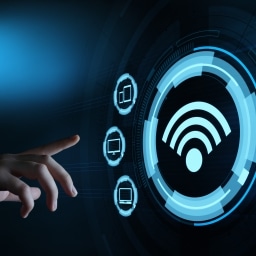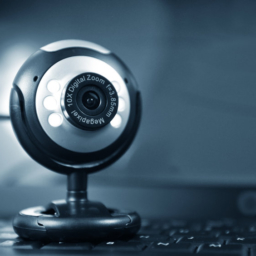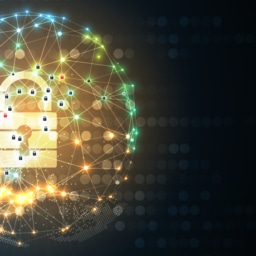Bitcoin and Blockchain

In the last few years, whenever I heard the word ‘blockchain’, I immediately thought of Bitcoin. Unfortunately, from my little experience with Bitcoin, that meant blockchain would just be another thing I would buy while the price was incredibly high and sold only once it bottomed out. In my eyes, Bitcoin and/or blockchain was just my adult version of beanie babies all over again. But I was way off.
Bouncing back from my poor investment strategies, I became more curious. What is blockchain and why do I keep hearing about it outside of the cryptocurrency world. As it turns out, it’s a pretty versatile technology that capitalizes on a lot of cyber security concepts to guarantee affordable, transparent, and secure transactions that cannot be altered.
How Does Blockchain Work

Most definitions of blockchain explain the technology as a decentralized ledger, but what does that mean? It’s like a ledger because each element in a blockchain, called a block, is a record of various transactions, and the entire blockchain contains details of all transactions that the blockchain has ever processed.
It’s considered decentralized because there is no central arbiter of control to track, validate, and verify transactions between parties. In financial terms, that means there is no bank. Instead, users or computers participating in blockchain each store a copy of the blockchain transaction history which means there isn’t a single point of failure that can be attacked by malicious actors.
More importantly, decentralization means that if an individual user’s copy of the block chain is compromised — maybe targeted by hackers, or altered to hide a transaction, or changed for some fraudulent reason – that user’s version of the ledger will be different than every other user’s personal copy. The blockchain system will identify this and call shenanigans, through a concept called distributed consensus, and those invalid changes would not be processed and shared across the community.
The Benefits of Blockchain
Overall, there are plenty of benefits from blockchain technologies that include:
- Transparency – All blockchain users can view all blockchain transactions
- Privacy – Though transactions are public, they are not necessarily attributable to you or your personally identifiable information (PII)
- Immutability – Transactions cannot be altered
- Security – Blockchain utilizes cryptographic hashing, asymmetric key encryption, and other protocols to ensure the integrity of transactions
- Versatility – Blockchain can be used with any transaction or asset that can be tracked digitally
Because of blockchain’s flexibility, it’s grown beyond just cryptocurrencies and can be found in various business sectors from supply chain and logistics, to the sharing of sensitive data like medical records, and birth certificates. There’s even a strong push to use blockchain in voting mechanisms to prevent any funny business.
So don’t be afraid of blockchain, it’s not a scam, but actually meant to help give folks a little more peace of mind.
Join us next week as we dive a little deeper into more research techniques. We’ll find the hosting company, associated IP addresses, the domain name’s registrar, and any Whois records about the organization behind this phishing email.















